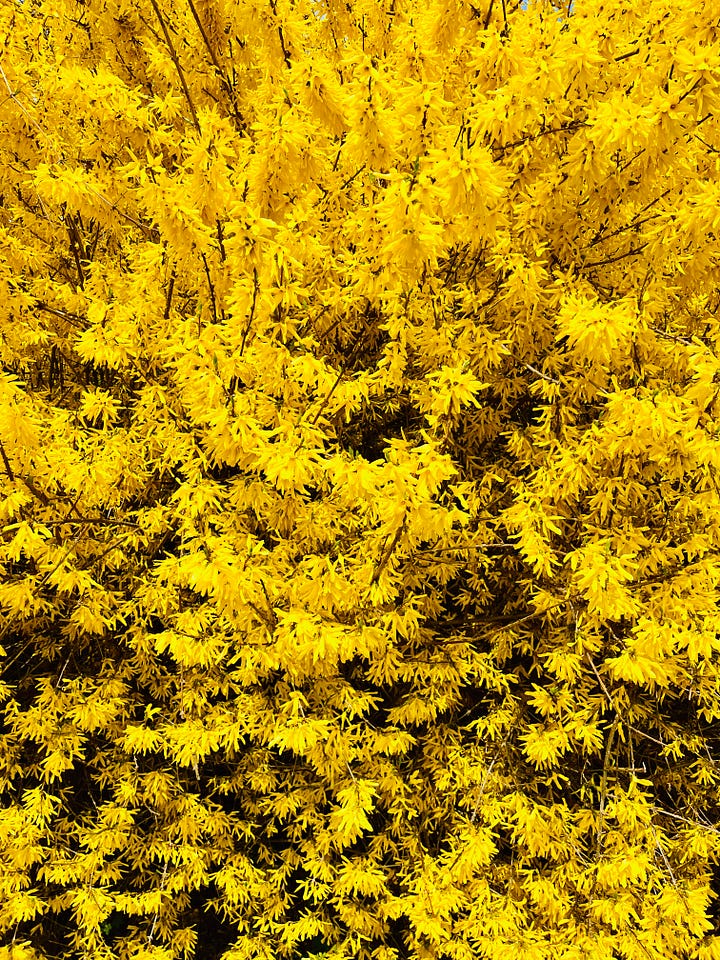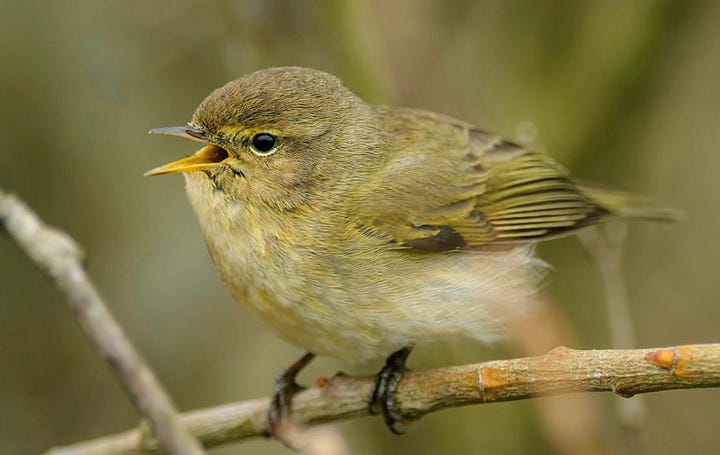How to Set Yourself on Fire
But not literally. April is national letter-writing month and there are a lot of reasons to write letters right now: Rumeysa Ozturk is one of them.
Welcome. Truth & Dare is a monthly post that offers one Truth (a writing prompt) and one Dare (an artistic gesture in the world). You might also find: thoughts on writing, art, books and paying attention. You won’t find: a paywall or a thicket of hyperlinks taking you someplace else. Just a clean read, a cup of herbal tea poured over your frontal lobe. No noise. No distraction. Plus I will never use AI to compose these words. Thanks for being here.
Quick Announcement of Upcoming Events:
I’ll receive the Holbrook Literary Legacy Award at the Oregon Book Awards on April 28th, at 7:30 p.m.1 Come celebrate with us!
I’m giving a talk at the Clatskanie Raymond Carver Writing Festival, May 3rd at 10 a.m.2 I’ll also introduce my mentor, the writer Martha Gies, who will read from her stellar new memoir, Broken Open.3
Five Notes From Early Spring
In March I visited Prague with my family and soaked in new birdsong, encountering earnest characters like the Great Tit, Eurasian Blackbird, Mistle Thrush and Common Chiffchaff, (I found myself wondering what the exceptional Chiffchaff might be like, given what a pleasant little bird the common one was). I thought about how birds just keep showing up, in and out of wars and global tumult. They arrive and pull up the shade of each day with a song.4


April is National Letter Writing month and there is still time to write letters and postcards. I believe in the power of a letter - to connect, to uplift, and to push back at injustice. Rumeysa Ozturk believes this as well. It’s why she co-authored a letter with three other students protesting the ongoing war in Gaza and calling on their university, Tufts, to divest from Israeli companies. Pretend you are on the way to dinner with friends, talking on the phone with your mom while you walk. Suddenly six people wearing black, with faces covered, surround you, handcuff you and send you to a detention facility in Louisiana. That’s what happened because Rumeysa co-wrote a letter for her college newspaper. She believed in the promise of the United States and the freedom to register dissent, and for that, her student visa was cancelled and she remains imprisoned while her lawyers argue for her release.

Spring in Prague (gray sky, bright forsythia, cold rain) left me thinking about all kinds of springs, like the Arab one that began when Tunisian fruit vendor Mohamed Bouazizi set himself on fire in an act that became the catalyst for the Arab Spring, (2010). I thought of Mohamed while standing in a cemetery in Prague, at the grave of Jan Palach, a student who also chose self-immolation in the winter of 1969, frustrated and despairing at the ongoing Soviet occupation. More than twenty years later, after the Velvet Revolution,5 the artist David Černý and friends sneaked out on a dark April night to paint an army tank bright pink. There had been debate about how and whether to preserve the tank as a monument after the end of communist rule — leave it to artists to step in and show everybody what to do. Černý and friends believed in the power of art to disrupt and stick a finger in the eye of authority, (he was arrested for “hooliganism.”)
Rumeysa’s letter quoted our own James Baldwin, a writer who had to live outside the United States for much of his life in order to survive:
“The paradox of education is precisely this: that as one begins to become conscious one begins to examine the society in which [they are] being educated.”
It’s felt difficult to pull my thoughts into any kind of cohesive shape this month for a post, and even harder to make meaning from it. If I translated the pulse of my brain into a line of text, it might look like: Make Art. Paint Pink. Practice Hooliganism. Write Letters. Exercise Dissent, (you get the drift). I’ll sign off with this: In the National Theater in Prague, there is a video game called Letris, (like Tetris with its dropping shapes), modeled after the traveling coin-op machines that traveled in fairground caravans in the 1980s-90s in Czechoslovakia. The game is one of the “Velvet Arcades” created to mark the 30th anniversary of the Velvet Revolution and the object is to help organize protesters for a giant demonstration, (which actually took place in 1989 in a town called Letna). It features characters like Vaćlav Havel, the poet and writer who was imprisoned for dissent before he became the first democratically elected president of what is now called Czechia. Havel and his legacy is a crack in history where the light gets in.6 Right now as we live out our own histories, there is one thing we can do, and that’s watch for the cracks.
Truth: Choose one thing you observe happening in your state/country/world right now and write it down. What sense can be made of what’s unfolding? Find the cracks where light is getting in, and write about those too. Bonus points if you send this in a postal letter to somebody else, and ask them to write back to you with the same.
Dare: Paint something bright pink, literally or figuratively and use this artistic gesture to poke back at something. Send documentation via postal mail or in the comments below, and I’ll share it next month.
Our friend and stellar writer Omar El Akkad is hosting!
More information on the Clatskanie Raymond Carver Writing Festival
This of course assumes that they survive said wars and tumult
I spent time researching it while in Prague
With thanks to Leonard Cohen: “There is a crack in everything..that’s how the light gets in..”




Congratulations on your award, Laura! Just ordered Martha's book from my local bookstore. Looking around for the right shade of pink paint for some spring hooliganism.